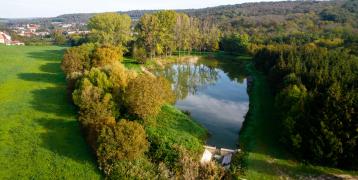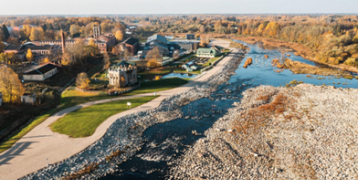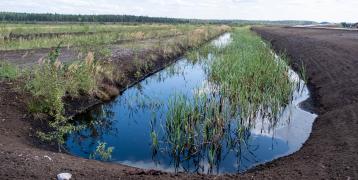Water resilience

Climate change is putting Europe’s water systems under growing pressure. One in eight Europeans lives in areas at risk of river flooding, while 30% of southern Europe faces ongoing water stress. Rising temperatures are making extreme weather events—like droughts, floods, wildfires, and heatwaves—more frequent and intense. In 2023, Europe saw record levels of heat stress, worsening health risks and contributing to severe flooding, despite being 7% wetter than average.
Yet many regions, cities, farms, industries, and citizens are not fully prepared. Strengthening water resilience is now urgent to help communities adapt, recover, and safeguard water resources.
The EU is responding with strong environmental policies and legislation. At the heart of these efforts is the Water Framework Directive, which sets the foundation for protecting rivers, lakes, coastal waters, and groundwater. This is supported by other key directives on drinking water, wastewater treatment, water reuse, and flood management.
To address today’s growing challenges, the EU is developing a Water Resilience Strategy. This strategy will help reduce the impacts of droughts, floods, and water scarcity across Europe.
This policy brief offers an overview of current EU initiatives and showcases inspiring solutions for local and regional authorities. From flood control and drought mitigation to water-saving practices in agriculture and nature restoration, the brief highlights practical actions and replicable good practices from Interreg Europe projects such as Gov4Water, DECA, RIWET, NBS4LOCAL, NACAO, and GIFT.
Download the policy brief on water resilience
Download the policy brief below and share it with your colleagues!
Policy Brief on water resilience.pdf
Featured good practices
Explore the good practices that are featured in this policy brief, coming from Interreg Europe projects.








